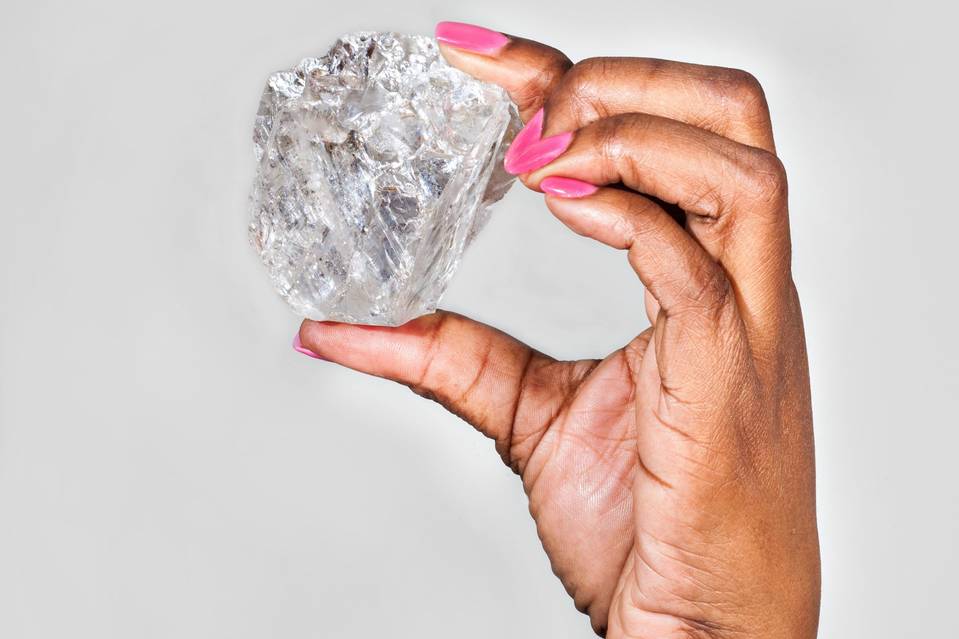Allen Onyema, the Chairman and Chief Executive Officer of Air Peace, a Nigerian airline, has been charged in a superseding indictment with obstruction of justice for submitting false documents to the United States Government in an effort to end an investigation of him in earlier charges of bank fraud and money laundering.
The United States government also charged alongside Onyema, his employee, Ejiroghene Eghagha, the airline’s Chief of Administration and Finance, for participating in the obstruction scheme, as well as in the earlier bank fraud counts.
In a statement issued by the U.S Government, the country’s Attorney Ryan K. Buchanan said the founder of the airline, accused of using his airline company as a cover to commit fraud on the United States’ banking system, has, along with Eghagha, who is a co-defendant in the fraud cases, allegedly committed additional crimes of fraud in a failed attempt to derail the government’s investigation of his conduct.
Robert J. Murphy, Special Agent in Charge of the Drug Enforcement Administration (DEA), Atlanta Division also revealed that through the diligence of US federal investigative partners, the alleged obstruction scheme of Onyema and Eghagha was revealed, making it possible for the defendants to be held accountable for their aggravated conduct of attempting to impede a federal investigation.
For Assistant Special Agent in Charge Lisa Fontanette, Internal Revenue Service – Criminal Investigation Atlanta Field Office, “These cases represent the continued commitment of the Drug Enforcement Administration to identify and hold accountable those who engaged in fraud and money laundering.”
“Allegedly, Onyema and his accomplices fraudulently used the U.S. banking system in an effort to hide the source of their ill-gotten money.
“Today’s superseding indictment is indicative of the dedication IRS-CI special agents and our law enforcement partners have, as part of the Organized Crime Drug Enforcement Task Forces, to neutralize threats to the United States from criminal organizations.”
“The charges announced today demonstrate the criticality of diligence and truth in criminal justice proceedings,” said Steven N. Schrank, Acting Special Agent in Charge, Homeland Security Investigations Atlanta that covers Georgia and Alabama. “HSI and our partners are committed to pursuing those who seek to exploit our nation’s financial system and any efforts to cover up illegal activity,” she added.
The statement obtained by Investors King explained how Onyema allegedly committed the bank fraud and laundered money running into millions of dollars. The statement reads “Onyema, a Nigerian citizen and businessman, is the CEO and Chairman of Air Peace, a Nigerian airline founded in 2013. Between 2010 and 2018, Onyema travelled frequently to Atlanta, where he opened several personal and business bank accounts. More than $44.9 million was allegedly transferred into his Atlanta-based accounts from foreign sources.
Beginning in approximately May 2016, Onyema, together with Eghagha, allegedly used a series of export letters of credit to cause banks to transfer more than $20 million into Atlanta-based bank accounts controlled by Onyema.
The letters of credit were purportedly to fund the purchase of five separate Boeing 737 passenger planes by Air Peace and were supported by documents such as purchase agreements, bills of sale, and appraisals.
The documents purported to show that Air Peace was purchasing the aircraft from Springfield Aviation Company LLC, a business registered in Georgia.
However, the supporting documents were allegedly fake – Springfield Aviation Company LLC was owned by Onyema and managed on his behalf by a person with no connection to the aviation business, and Springfield Aviation never owned the aircraft.
The company that allegedly drafted the appraisals did not exist. Eghagha allegedly participated in this scheme as well, directing the Springfield Aviation manager to sign and send false documents to banks and even using the manager’s identity to further the fraud.
After Onyema received the money in the United States, he allegedly laundered over $16 million of the proceeds of the fraud by transferring it to other accounts.
In May 2019, upon discovering that he was under investigation in the Northern District of Georgia for bank fraud, Onyema and Eghagha allegedly directed the Springfield Aviation manager to sign a key business contract, but also specifically told her to not date the document.
In October 2019, Onyema allegedly caused his attorneys to present that same contract, now falsely dated as being signed on May 5, 2016 (prior to the bank fraud that began in 2016), to the government in an effort to stop the investigation and unfreeze his bank accounts.
Allen Ifechukwu Athan Onyema, 61, of Lagos, Nigeria, and Ejiroghene Eghagha, 42, of Lagos, Nigeria, were indicted on November 19, 2019, on one count of conspiracy to commit bank fraud, three counts of bank fraud, one count of conspiracy to commit credit application fraud, and three counts of credit application fraud.
Additionally, Onyema was charged with 27 counts of money laundering, and Eghagha was charged with one count of aggravated identity theft. On October 8, 2024, they were both charged in a superseding indictment alleging an additional count of obstruction of justice and one count of conspiracy to obstruct justice. The case is criminal action number 1:19-CR-464.”
However, the statement noted that an Organized Crime Drug Enforcement Task Forces (OCDETF) including the Drug Enforcement Administration, Internal Revenue Service Criminal Investigation, U.S. Immigration and Customs Enforcement’s Homeland Security Investigations, Federal Aviation Administration, Department of Commerce, and Department of Treasury are investigating the case.
It informed members of the public that the indictments of Onyema and his co-accused person only contain charges, adding that the duo Nigerians are presumed innocent of the charges and it will be the government’s burden to prove their guilt beyond a reasonable doubt at trial.
The statement further disclosed that Assistant U.S. Attorneys Garrett L. Bradford and Christopher J. Huber are prosecuting the case.
“This effort is part of an Organized Crime Drug Enforcement Task Forces (OCDETF) operation. OCDETF identifies, disrupts, and dismantles the highest-level criminal organizations that threaten the United States using a prosecutor-led, intelligence-driven, multi-agency approach. Additional information about the OCDETF Program can be found at https://www.justice.gov/OCDETF,” it concluded.


 Naira4 weeks ago
Naira4 weeks ago
 News3 weeks ago
News3 weeks ago
 Education4 weeks ago
Education4 weeks ago
 Social Media4 weeks ago
Social Media4 weeks ago
 Technology4 weeks ago
Technology4 weeks ago
 Investment4 weeks ago
Investment4 weeks ago
 Dividends4 weeks ago
Dividends4 weeks ago
 Economy4 weeks ago
Economy4 weeks ago
















